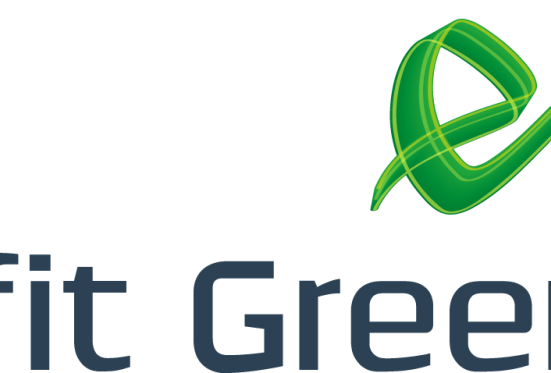
If you are saddled with student loan debt and not making as much money as you expected after graduating college, you may feel as if your life is on hold. Roughly one-third of people earning less than $50,000 said that student loan debt affects their ability to save for retirement, according to a recent survey from CivicScience.
Explore: Will the Presidential Election Change Anything About Student Loans?
Discover: 6 Unusual Ways To Make Extra Money (That Actually Work)
Of those earning less than $25,000, 33% said they are not able to save for retirement at all, while 32% said their loan payments affect how much they can save. Of those earning more than $25,000 but less than $50,000 annually, 32% said they aren’t able to save for retirement. Another 30% said they aren’t able to save as much as they’d like.
Fortunately, the government has programs in place to help lower-income individuals balance their student loan payments with other expenses. Bobby Matson, founder of Payitoff, shared three tips to pay off your student loans without breaking your budget.
1. Income-Driven Repayment Plan
Matson said that an income-driven repayment plan can be a lifeline for those making less than $50,000 a year. “These plans adjust monthly payments based on income and family size,” he said.
A Save As You Earn (SAVE) plan sets payments to 10% of your discretionary income. Beginning in July 2024, that amount drops to 5% if the loans are exclusively from undergraduate programs. If you continue making payments for 20 to 25 years and still have student loan debt, the government forgives the remaining balance. If your initial loan amount is less than $12,000, you can see forgiveness in as soon as 10 years.
The SAVE plan has another advantage, according to StudentAid.gov. If your payments aren’t enough to cover the monthly interest, the government pays the rest of the interest for that month.
2. Public Service Loan Forgiveness (PSLF)
The PSLF, or public service loan forgiveness program, provides student debt relief to individuals earning less than $50,000 for those who work in specific fields, notably in government jobs or with not-for-profit organizations.
Once you’ve made 120 qualifying monthly payments, the balance of your debt is forgiven. “There’s no limit to the amount of debt that can be forgiven under PSLF,” Matson pointed out, making it a desirable solution for those with high debt and low income.
However, StudentAid.gov reported that the PSLF Program has paused processing new applications beginning May 1, 2024. You can still submit your forms, but they may not be processed immediately until the system update is complete.
3. Ask Your Employer To Help with Student Loan Debt
If you are making less than $50,000 and having trouble making ends meet, one obvious way to pay down student loan debt faster is by increasing your income. If you’ve been meeting or exceeding performance standards and can show the return-on-investment of your work to your employer, you may be able to ask for a raise.
But employers might be more willing to contribute directly to your student loan payments — at least through 2025, according to Paycor.com. The Consolidated Appropriations Act of 2020 allows employers to offer workers up to $5,250 per year in student loan repayment benefits, tax-free for employees. As of 2023, roughly one-third of employers provided this benefit, according to Paycor.com.
“[Y]our employer just may be open to lending a hand if you raise yours and express your need for assistance,” Gift of College COO Patricia Roberts previously told GOBankingRates. “If you’re not sure what your employer currently offers or would be willing to consider offering, you won’t know unless you ask.”
More From GOBankingRates
This article originally appeared on GOBankingRates.com: If You Earn Less Than $50K, Here Are 3 Brilliant Ways To Pay Off Your Student Loans





